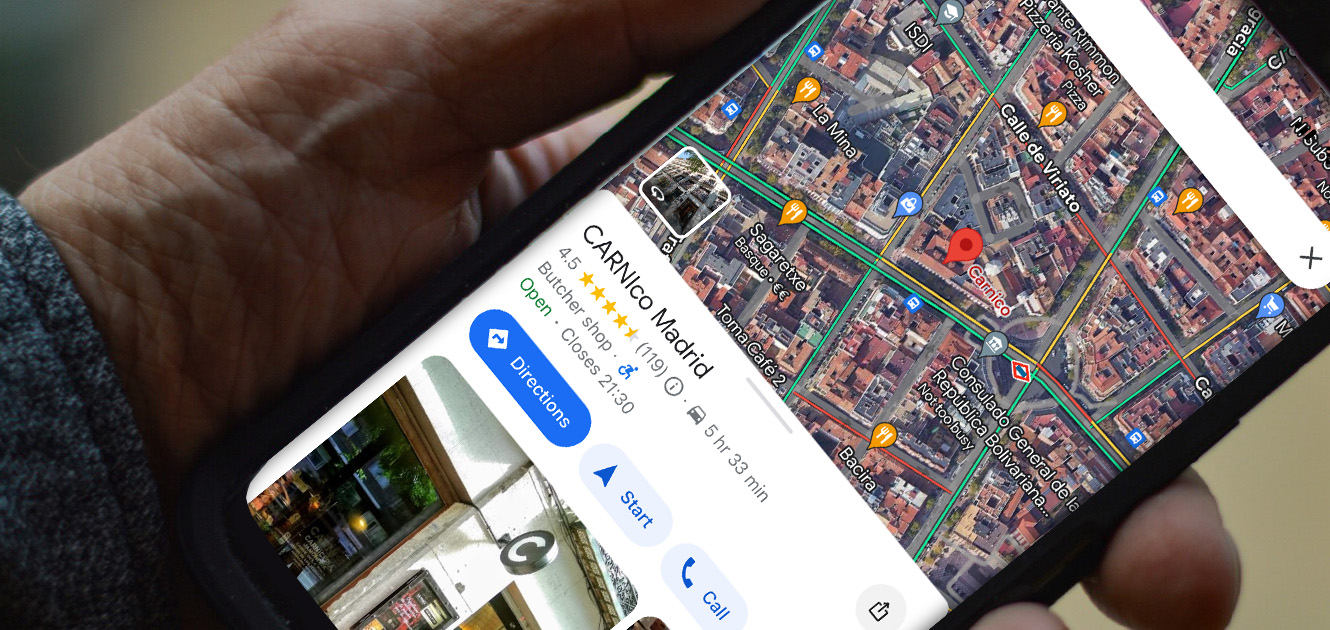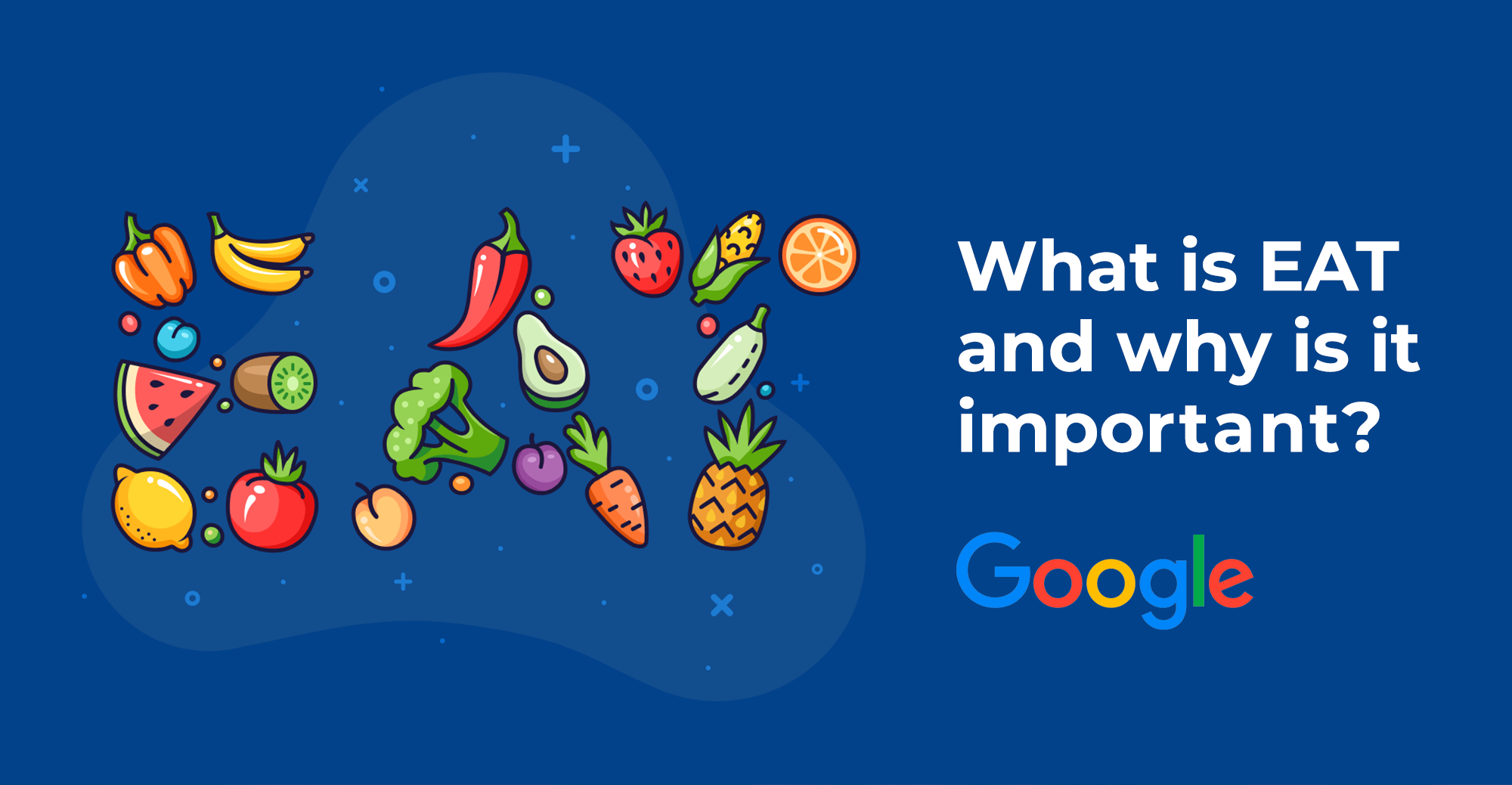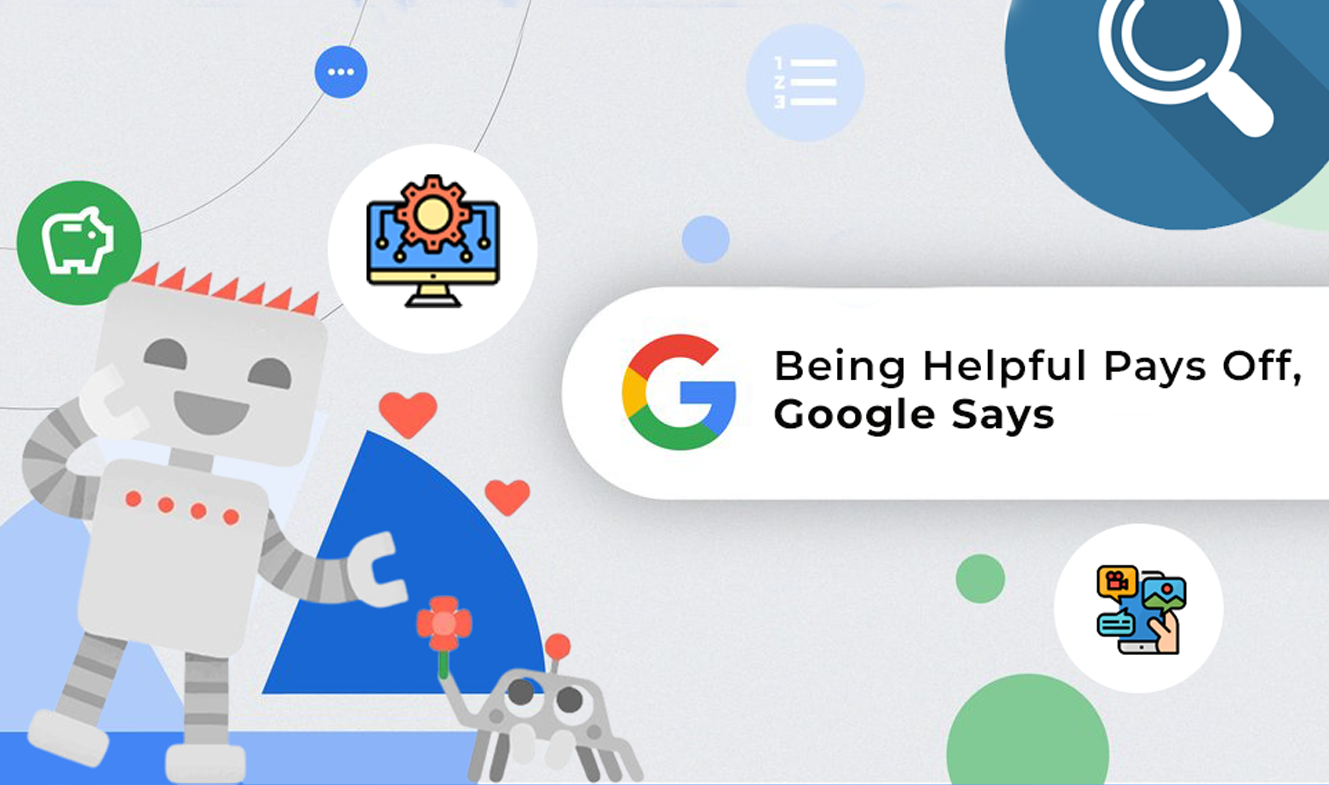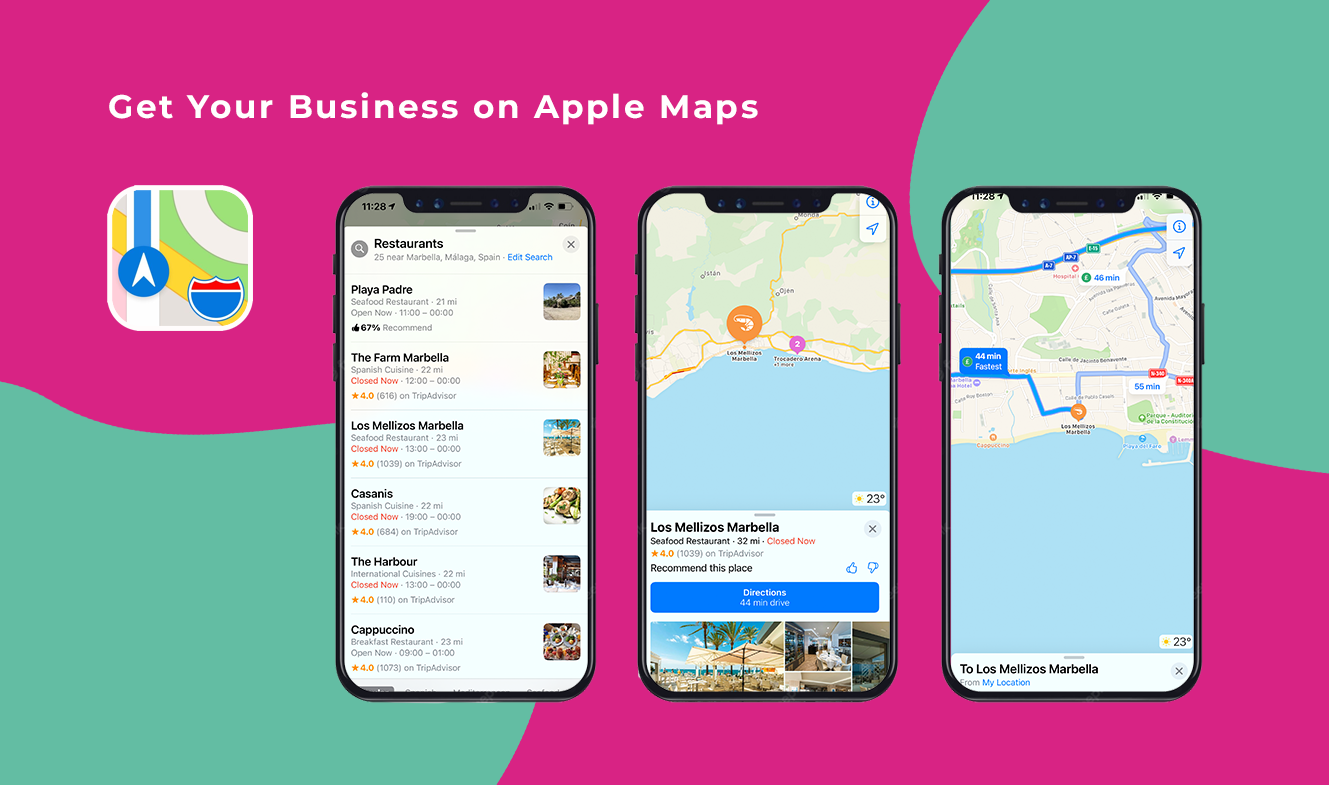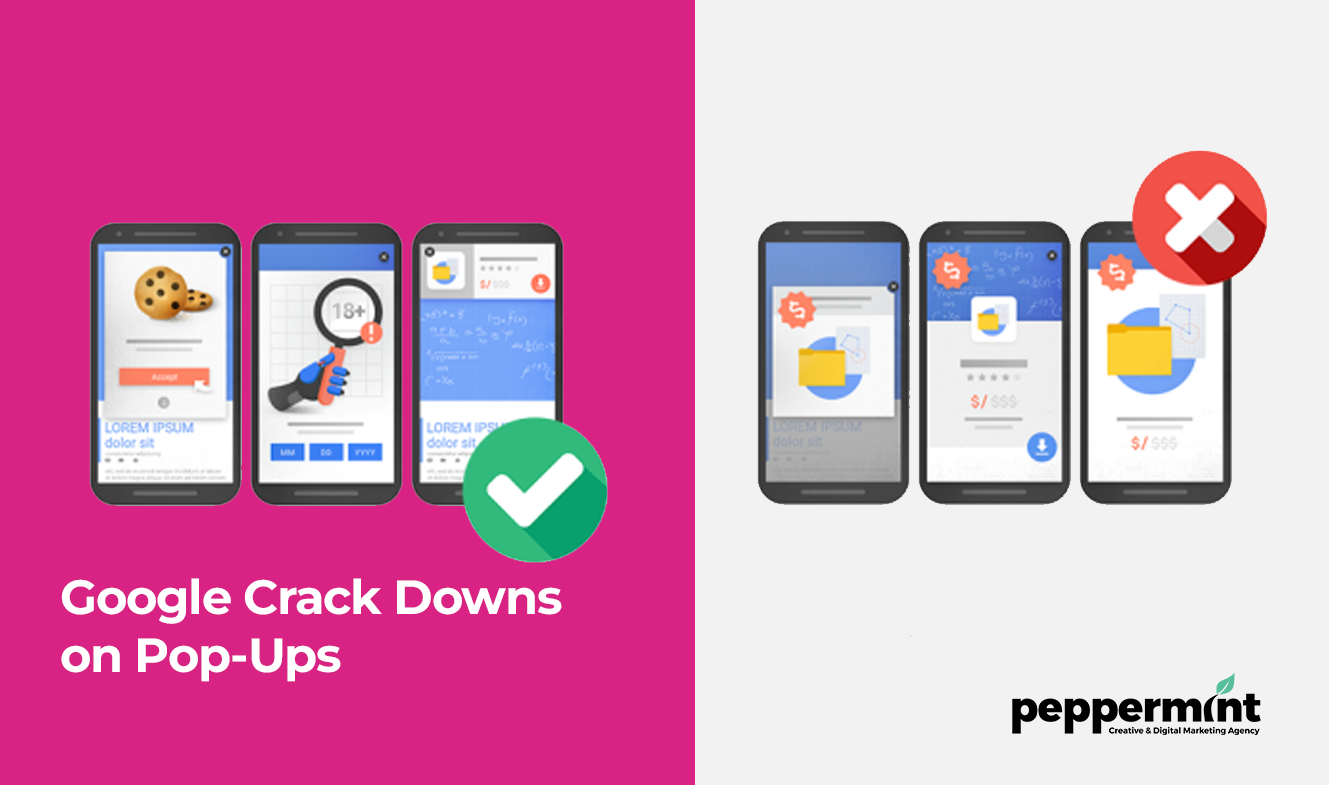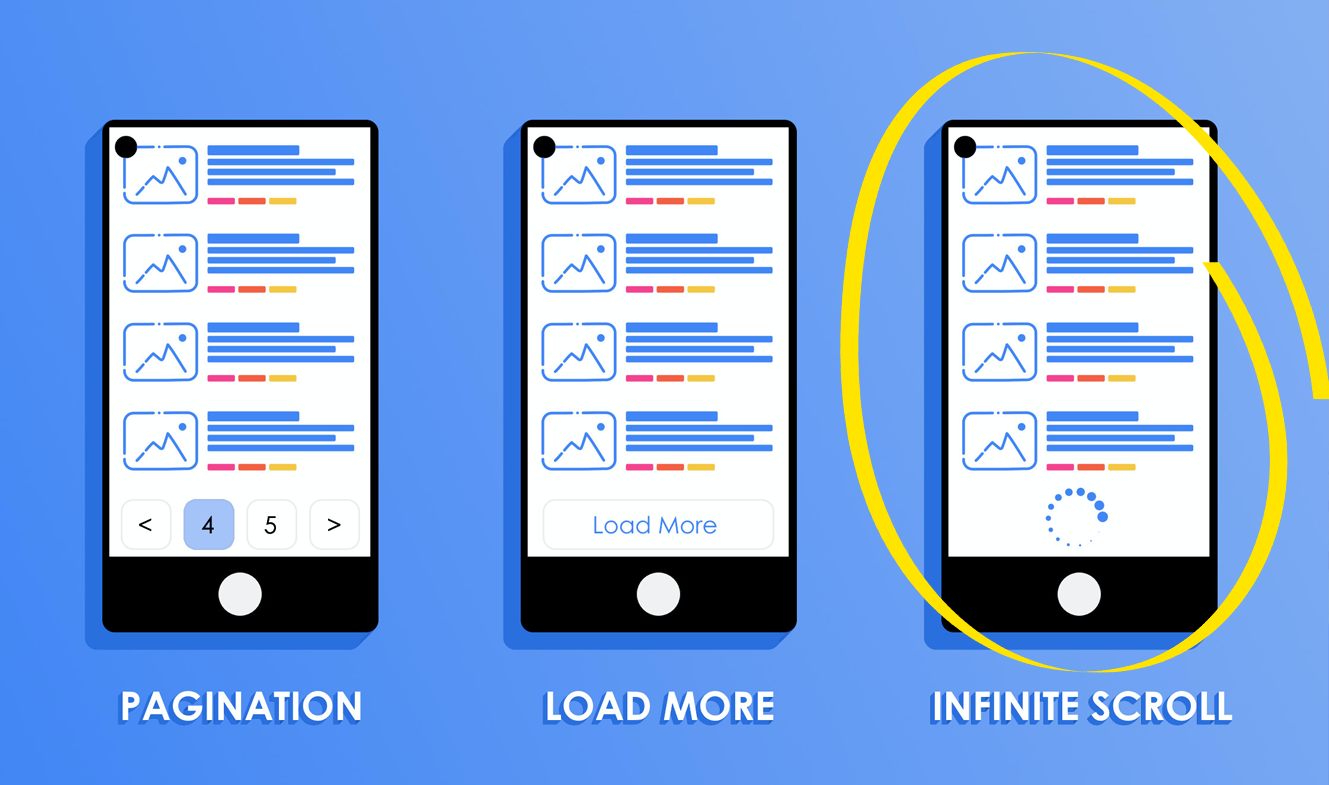EU Google Users Concerned about Google Maps Changes
Recent adjustments to Google Maps features in response to the Digital Markets Act (DMA), an EU initiative to make the markets in the digital sector fairer, have sparked a wave of discontent among users in the European Union. Complaints have flooded Google forums, with users lamenting their inability to access essential map functions directly from search results. Tasks as fundamental as obtaining directions or delving into location details have become cumbersome due to the removal of clickable map links. In the EU region, these changes are not just inconvenient, but mandated changes to comply with regulatory requirements. The DMA, brought in to
Why Businesses Need to Migrate to the Latest Version of Google Analytics
If you're a business owner on the Costa del Sol, you might be aware of the importance of tracking and analysing your website's performance. Google Analytics has been the go-to tool for many years, providing valuable insights into website traffic, user behaviour and conversion rates. However, Google recently released its new generation of Analytics – Google Analytics 4 – and the deadline for upgrading is looming. On 1st July 2023, standard Universal Analytics properties will no longer process data, meaning that it could have a significant impact on your campaign performance. In this blog post, we'll explore why migrating to Google Analytics
What is EAT and why is it important?
Unless you’re brand new to SEO, there’s a good chance that you might of heard about Google EAT already. Having been around since 2014, it’s slowly become one of the most important elements of SEO. However, it’s also one of the most confusing elements – even for the experts! So, what is EAT and why should you consider it as part of your SEO strategy? Let’s find out! EAT stands for Expertise, Authority and Trust – the three very important factors that Google considers when measuring how much trust it should place in a brand or website. Google wants to provide
Being Helpful Pays Off, Google Says
Helpful = Better. At least, that's what Google has declared when it launched its self-named Helpful Content Update this past August with roll-out happening as we speak. The goal, as always, is Google's never-ending quest to provide the best possible experience to its users with the most relevant information every time a Google search takes place. How are they intending to accomplish that with this algorithm update, you ask? Well as always, Google is pretty (read: extremely) hush-hush about the specifics of their trade secret algorithm and update processes, but also quite forthcoming about what you can do to make sure
Can You Tackle Your Own SEO?
Search Engine Optimisation (SEO) is not what it used to be. Times have changed, target audiences think and act in different ways, Google has unveiled countless algorithm updates
Get Your Business on Apple Maps
“Siri, what's the weather going to be like tomorrow?” “Siri, tell me a joke.” “Siri, where's the best restaurant / digital marketing agency / [insert your industry] in Marbella?” You can ask Siri anything because Siri knows all. That is, of course, if she's supplied with the information. And while the weather forecast or the funniest jokes on the internet may come preprogrammed into your and your customers' iPhones, your business' information does not. That means that it falls to you to put it there. It's an important job, too. Hundreds of millions of iPhones are currently on the market and Apple Maps is by far the most
Google Crack Downs on Pop-Ups
Google is upping their game again by cracking down on websites that have too many pop-ups, firing warning shots to website owners to let them know that their website can't be properly read by Google's systems which can (let's face it: will), lead to lower search rankings. Have you gotten one of these notices through your Google account yourself or scared you might? Now's the time to address the issue so your SEO plan and marketing budget doesn't suffer unnecessarily. Intrusive Interstitials Officially called “intrusive interstitials” by Google, we all know them as pop-ups. Specifically popups that significantly cover other content on
What To Do With Your Reviews
Building your brand is centred on building trust. And what better way to do that than with great reviews from customers and clients who can share their experiences first hand? But getting those all-important positive reviews -not to mention managing all the potentially false, inaccurate, or misleading ones that are on the rise, can be a confusing task for those unfamiliar with it and a time-consuming one for busy business owners. But it needn't be. With some extra preparation and on-going marketing management, you can easily build your brand and your profits simply by properly managing your online reviews. Nine out
You’re Running Out of Time to Optimise Your Website
We knew it was coming, but in February 2022 it officially arrives: Google's latest page experience update will roll out, which means your digital marketing strategy will need to adjust itself accordingly so that your business can continue to reap the advantages of our new digital era, and grow bigger, better and more profitable than ever. Now we've known for a while that this update was in the works (Google's pretty good about announcing up-coming algorithm changes), and Peppermint's SEO gurus were already preparing for it with our blog published way back in June, but we also know that technical details,
What Does Infinite Scroll Mean for AdWord Users?
Google has announced that search results pages will no longer be well, pages. Instead, it will now be an infinite scroll or, in other words, one endless page of search results. If you pay for top-of-page ad space from Google that's not a major issue but what about for bottom-of-page advertising space when there is no longer a bottom of the page? Google has a solution for that. In short, they're redistributing ads throughout the endless scroll page, so top-of-page ads will stay at the top of the page and bottom-of-page ads will appear periodically through a user's scrolling. Local ads


